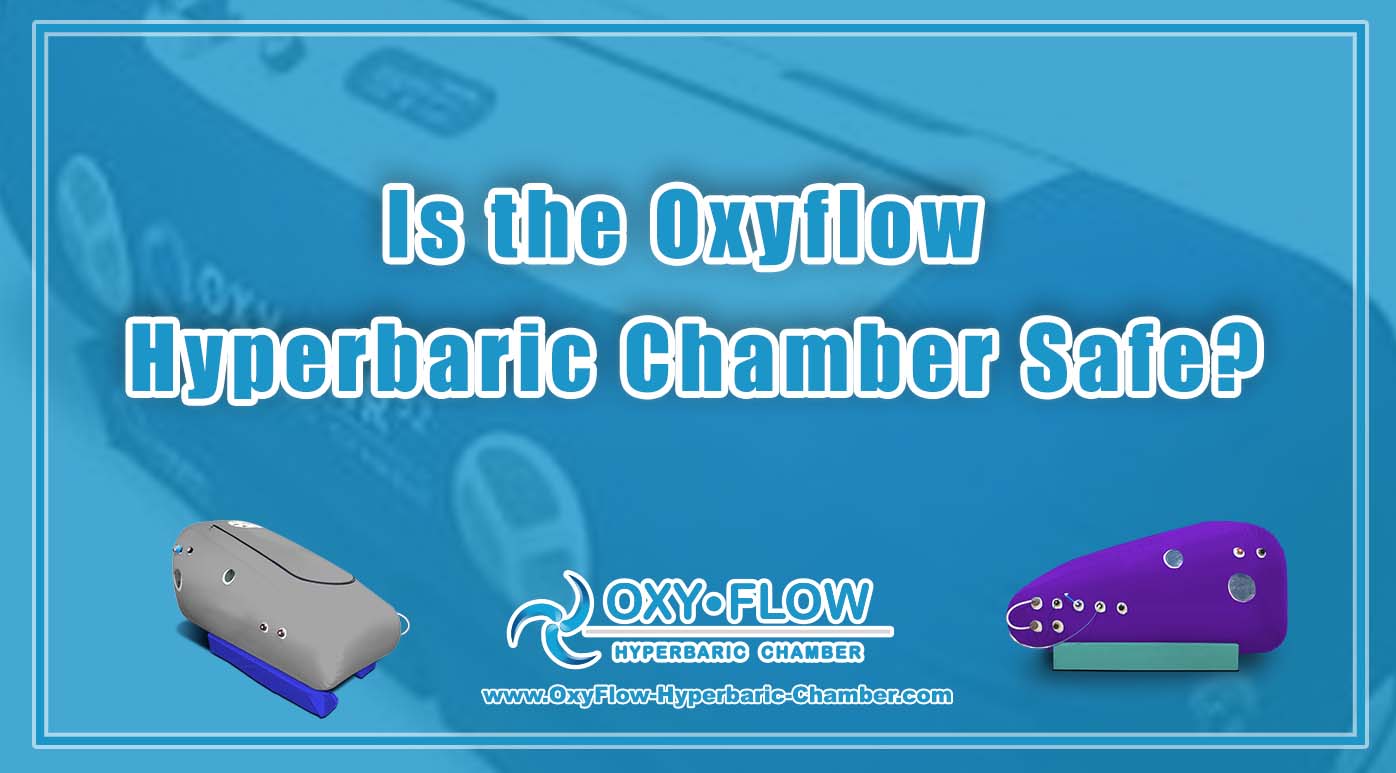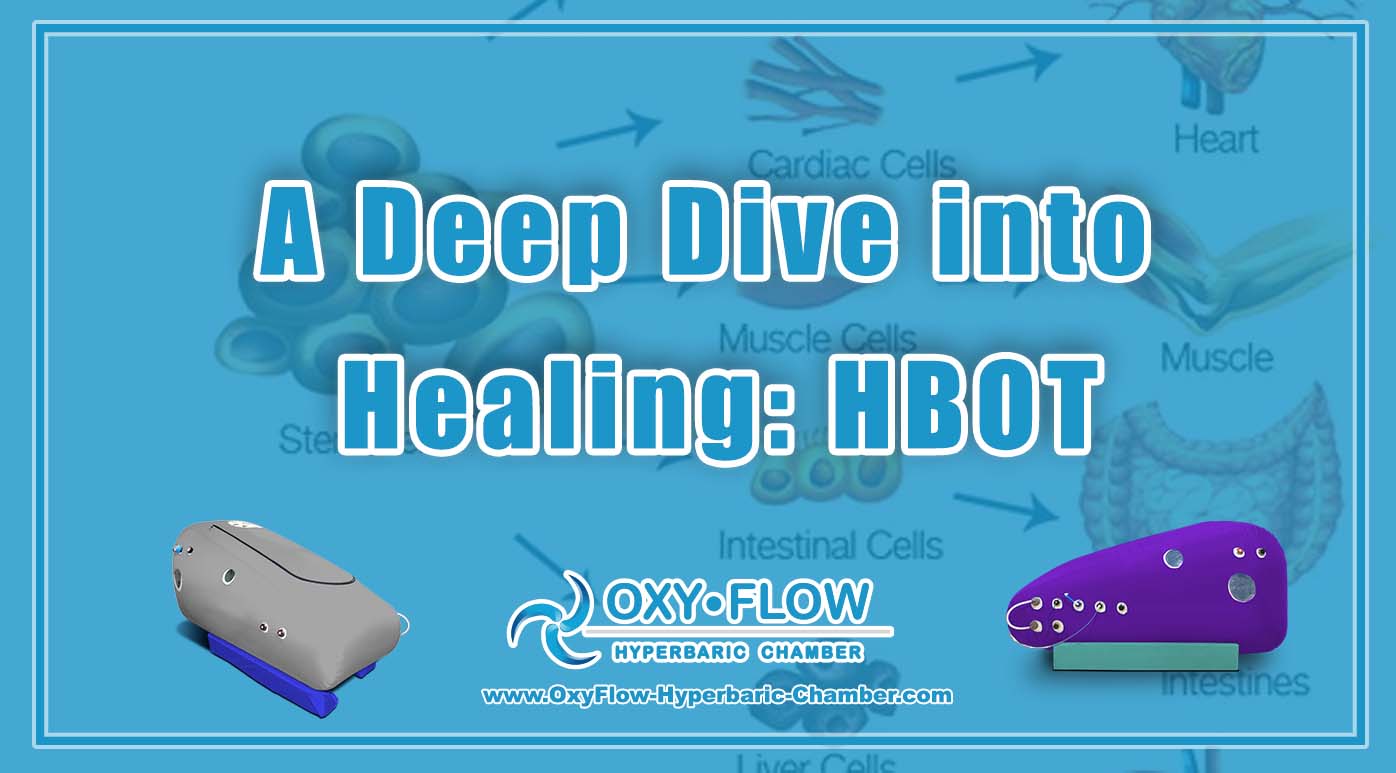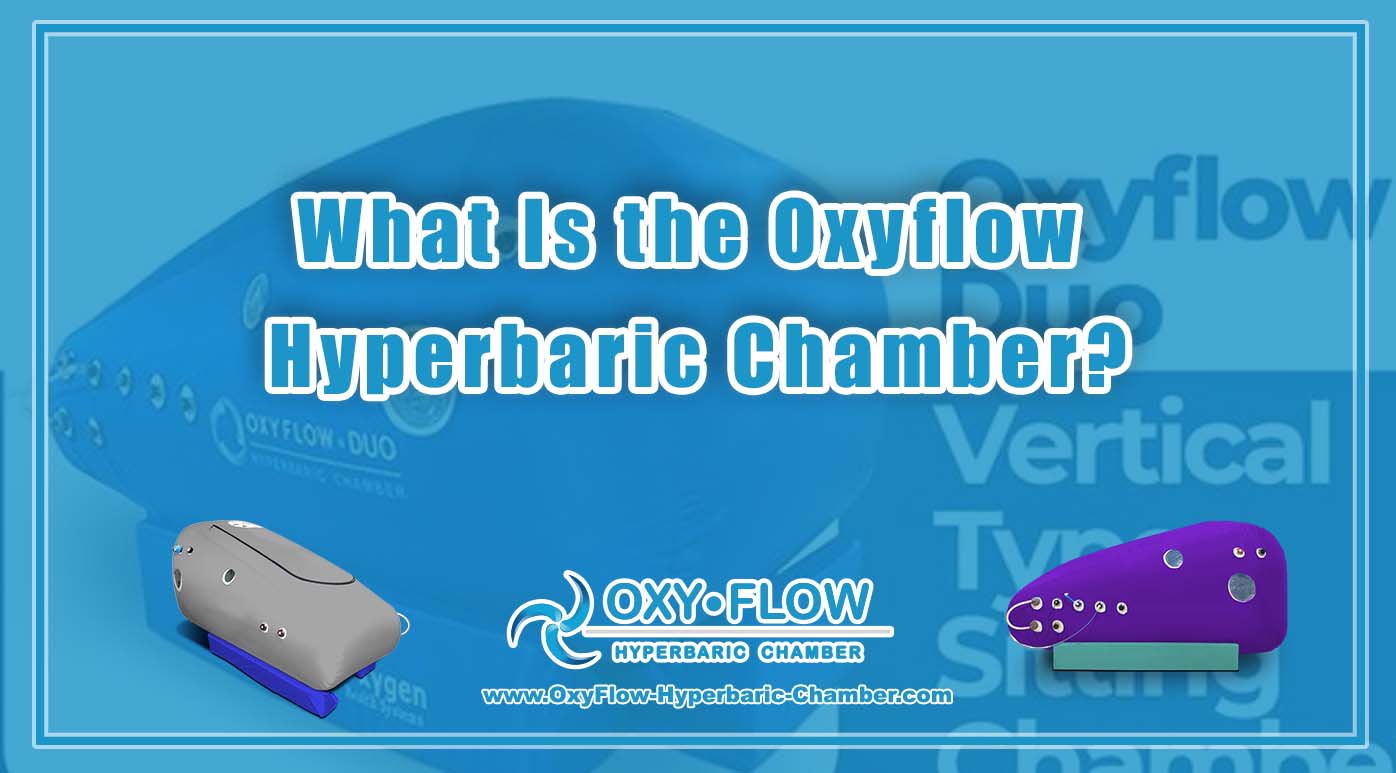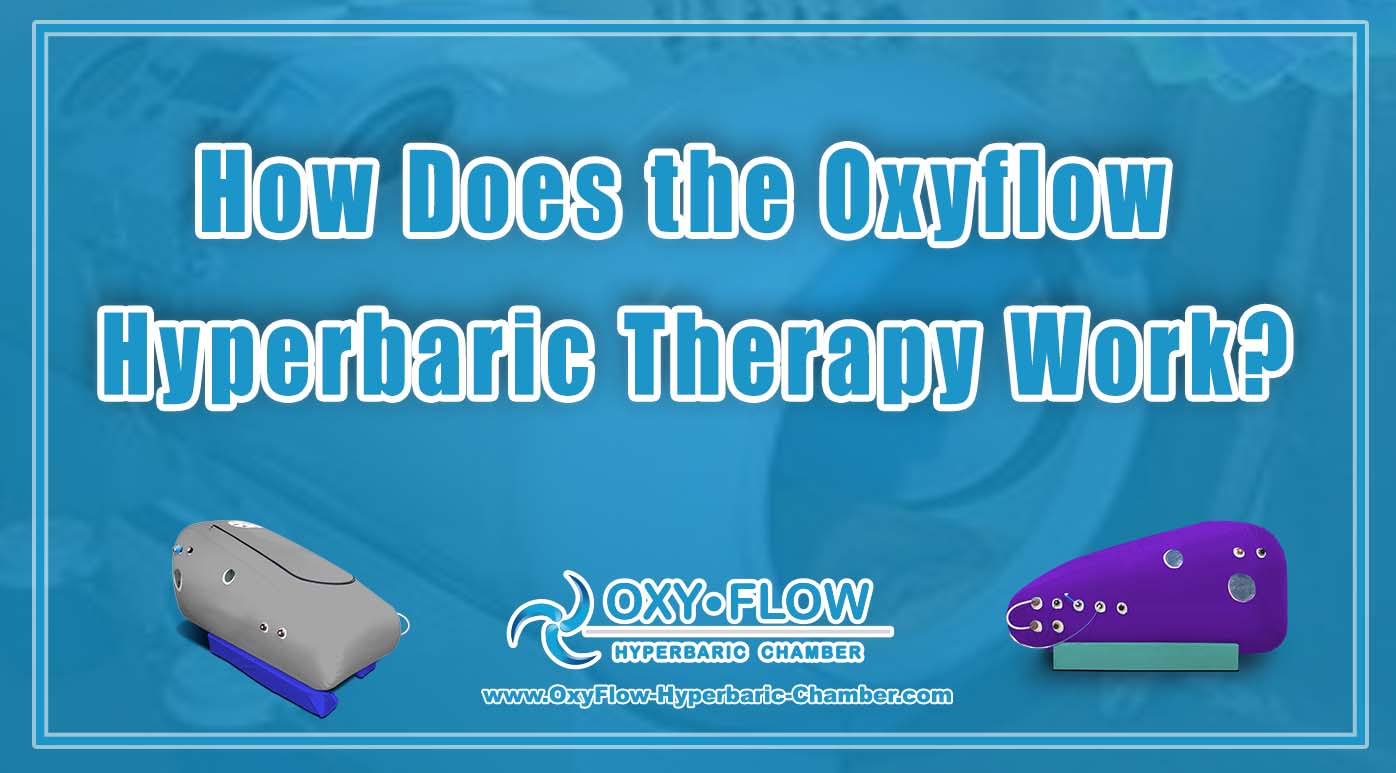
Menu
A Deep Dive into Healing: HBOT
A Deep Dive into Healing: HBOT

HBOT: A Deep Dive into Healing.
Hyperbaric Oxygen Therapy (HBOT) A Deep Dive into Healing is a medical that involves breathing pure oxygen in a pressurized chamber. This therapy is used to treat a variety of conditions and has gained popularity in recent years due to its potential healing benefits. In this article, we will explore the science behind HBOT and its applications in medicine.
The Science Behind HBOT.
The concept of HBOT is based on the simple principle that oxygen is vital for healing and repairing damaged tissues. By increasing the amount of oxygen in the body, HBOT aims to enhance the natural healing process. The therapy involves patients entering a hyperbaric chamber where the atmospheric pressure is increased up to three times higher than normal. This increase in pressure allows the lungs to gather more oxygen, which is then carried by the bloodstream to all parts of the body.
Applications in Medicine.
HBOT has been used as a treatment for various medical conditions, ranging from chronic wounds to decompression sickness. Let’s take a closer look at some of its applications:
A Deep Dive into Healing Wound.
One of the most well-known uses of HBOT is in the treatment of chronic wounds. By delivering high levels of oxygen directly to the wound site, HBOT promotes the growth of new blood vessels and stimulates tissue repair. This has been particularly beneficial for patients with non-healing diabetic ulcers and burns.
Decompression Sickness.
Divers are at risk of developing decompression sickness, also known as “the bends,” when they ascend too quickly from deep waters. This condition occurs when dissolved gases, such as nitrogen, form bubbles in the bloodstream. HBOT helps to eliminate these bubbles by increasing the oxygen concentration, effectively reducing the symptoms of decompression sickness.
Carbon Monoxide Poisoning.
Carbon monoxide is a toxic gas that can be fatal if inhaled in high concentrations. HBOT is used as an emergency treatment for carbon monoxide poisoning as it helps to remove the carbon monoxide from the body and replace it with oxygen. This therapy has been proven to reduce the risk of long-term neurological damage associated with carbon monoxide exposure.
Radiation Therapy Side Effects.
Cancer patients undergoing radiation therapy often experience side effects, such as tissue damage and delayed wound healing. HBOT has shown promise in mitigating these side effects by increasing oxygen levels in the affected tissues, promoting healing, and reducing inflammation.
Traumatic Brain Injury.
HBOT has been explored as a potential treatment for traumatic brain injury (TBI). The increased oxygen supply to the brain helps reduce swelling, stimulate the growth of new blood vessels, and improve overall brain function. While more research is needed in this area, preliminary studies have shown promising results.
The Safety of HBOT.
Hyperbaric Oxygen Therapy is generally considered safe when administered by trained professionals. However, there are some risks and contraindications to consider. Patients with certain conditions, such as a collapsed lung or severe respiratory infections, may not be suitable candidates for HBOT. Additionally, some individuals may experience temporary side effects, including ear popping, sinus discomfort, and claustrophobia due to the pressurized chamber.
A Deep Dive into Healing Conclusion.
Hyperbaric Oxygen Therapy (HBOT) A Deep Dive into Healing is a medical that harnesses the healing power of oxygen. From wound healing to treating decompression sickness, the applications of HBOT are vast and continue to expand. While further research is needed to fully understand its potential, HBOT offers hope for patients suffering from a range of conditions. As technology and understanding progress, we may see even more breakthroughs in this fascinating field of medicine.
Recent Posts
Product categories
Ready for Hyperbaric Oxygen Chamber?
stay up to date with the latest news


